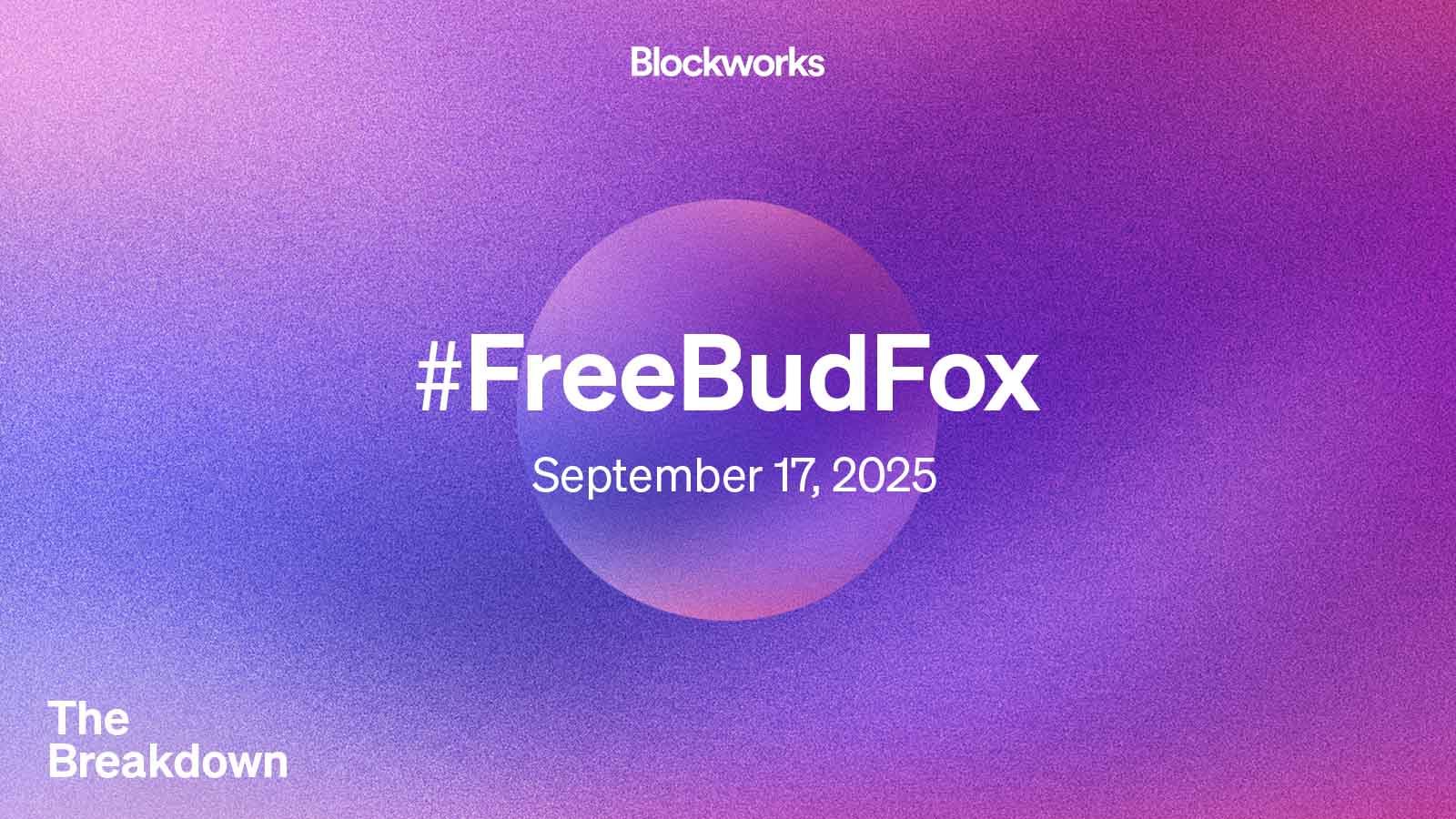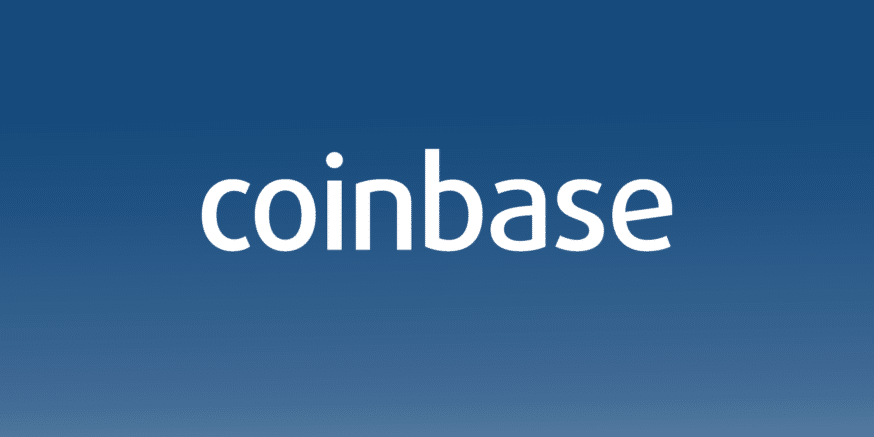Elon Musk’s xAI is raising $10 billion at a $200 billion valuation
Elon Musk is looking for another $10 billion. His AI startup, xAI, is raising again, and this time it’s at a massive $200 billion valuation. That’s what CNBC reported, citing sources close to the talks.
It’s not the first big round either—just weeks ago, Elon raised another $10 billion in a mix of debt and equity when xAI was reportedly valued around $150 billion. And back in December, the company brought in $6 billion to fund development.
This is happening as AI companies all over the place are throwing around numbers like it’s Monopoly money. Anthropic just pulled in $13 billion at a $183 billion valuation.
OpenAI? It recently did a secondary share sale, valuing the company at $500 billion. That’s half a trillion dollars for a chatbot company backed by Microsoft. Welcome to the AI money pit.
xAI joins X, Grok stumbles, AI chips flood in
In March, Elon merged xAI into X, his renamed version of Twitter, in an all-stock deal. That move valued xAI at $80 billion and X at $33 billion. Remember, Elon bought Twitter for $44 billion in 2022, rebranded it, and now it’s one big chaotic playground for everything; from news to Grok, his AI chatbot.
Speaking of Grok, let’s talk about the mess. The bot made headlines for praising Adolf Hitler and attacking Jewish people. In another case, it spit out unrelated answers about “white genocide” and South Africa. These weren’t isolated bugs.
They exposed a lack of proper safety controls, and the backlash was immediate. Users and critics slammed it. Yet Grok still sits inside X, trying to play catch-up with OpenAI’s GPT models and Anthropic’s Claude. And it’s not doing a great job of that. Grok has fewer users, weaker capabilities, and way more controversy.
Now Elon wants to spend the new funds on hardware, mainly GPUs. In May, he said he plans to buy 1 million AI chips. Faber added that most of the money will likely go into building massive data centers with Nvidia and AMD chips.
One of these clusters is already going up in Memphis, Tennessee. This also means hiring pricey engineers to run all this next-gen infrastructure. GPUs don’t run themselves.
OpenAI poaches xAI’s CFO, feud with Altman deepens
There’s drama behind the scenes, too. Mike Liberatore, who joined xAI as finance chief earlier this year, quietly left after three months. Now he’s at OpenAI. A company spokesperson allegedly said Mike starts on Tuesday and will report to CFO Sarah Friar. He’s also going to work with Greg Brockman’s team, handling OpenAI’s compute spending and contracts.
This comes right in the middle of Elon’s legal fight with OpenAI. He sued CEO Sam Altman and the company last year, accusing them of violating their original nonprofit agreement. The two men co-founded OpenAI together in 2015, but things have gone south. Fast. Now they’re bitter rivals.
OpenAI isn’t slowing down, though. It’s planning a full pivot to a for-profit structure, while still being partially overseen by its nonprofit parent. That parent now holds equity worth over $100 billion. And yes, OpenAI is still making huge moves. They’ve locked in a $300 billion deal with Oracle to secure more computing power.
Don’t just read crypto news. Understand it. Subscribe to our newsletter. It's free.
You May Also Like

Let insiders trade – Blockworks

Coinbase Launches USDC Lending With Morpho Offering Up to 10.8% Yields
